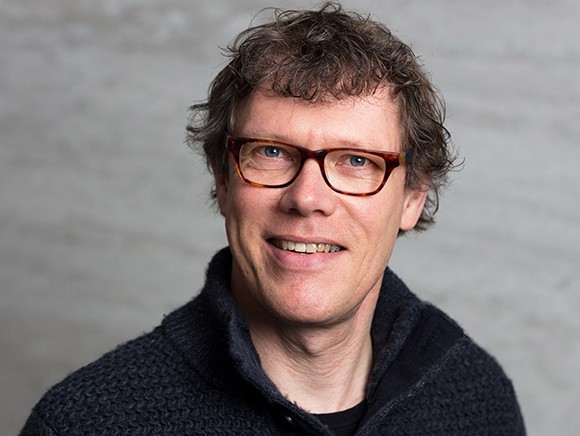
Last month, we were in India, which is an up-and-coming, promising economy. We were exploring the options for starting a laboratory there. What struck me was that there were many incredibly dirty areas. There was garbage in the street and food was stored at 30-40°C. For us Westerners, this was practically a culture shock, but nothing new for Indians, despite the school lesson plan “Hygiene... A way of life”.
The chance of getting food poisoning in India is incredibly high. The trip had been going well for us, until we took a domestic flight to Delhi. We ate some snacks during the flight. We thought it would be safe, but we were wrong and became ill.
In the Netherlands, we learn as children that hygiene is essential for your health. Washing your hands after using the toilet and before eating is normal, safe drinking water comes out of the tap, and our counters are clean. Hygiene is a way of life. The chance that you can get food poisoning is much smaller than in India. But it happens here, too. Barbecues, festivals and reception dinners are infamous for it. It can happen at home: food sits outside the refrigerator for too long or the leftovers aren’t cooled down properly.
Even far from home, most of the businesses that produce food in the Netherlands are spic and span. However, we are not around for that and there are hazards around every corner. Lazy staff might accidentally contaminate a product. Chemical impurities in your ingredients, allergens in your product—you name it. Monitoring the entire system continues to be essential, even in a clean country like the Netherlands. Each year, 680,000 people in the Netherlands fall ill because they eat contaminated food.
Hygiene is a way of life. It’s not a trick that you learn to use. More importantly, we still have a long way to go, the Netherlands included.
Pieter Vos
Directeur Nutrilab
Source: © Vakblad Voedingsindustrie 2018